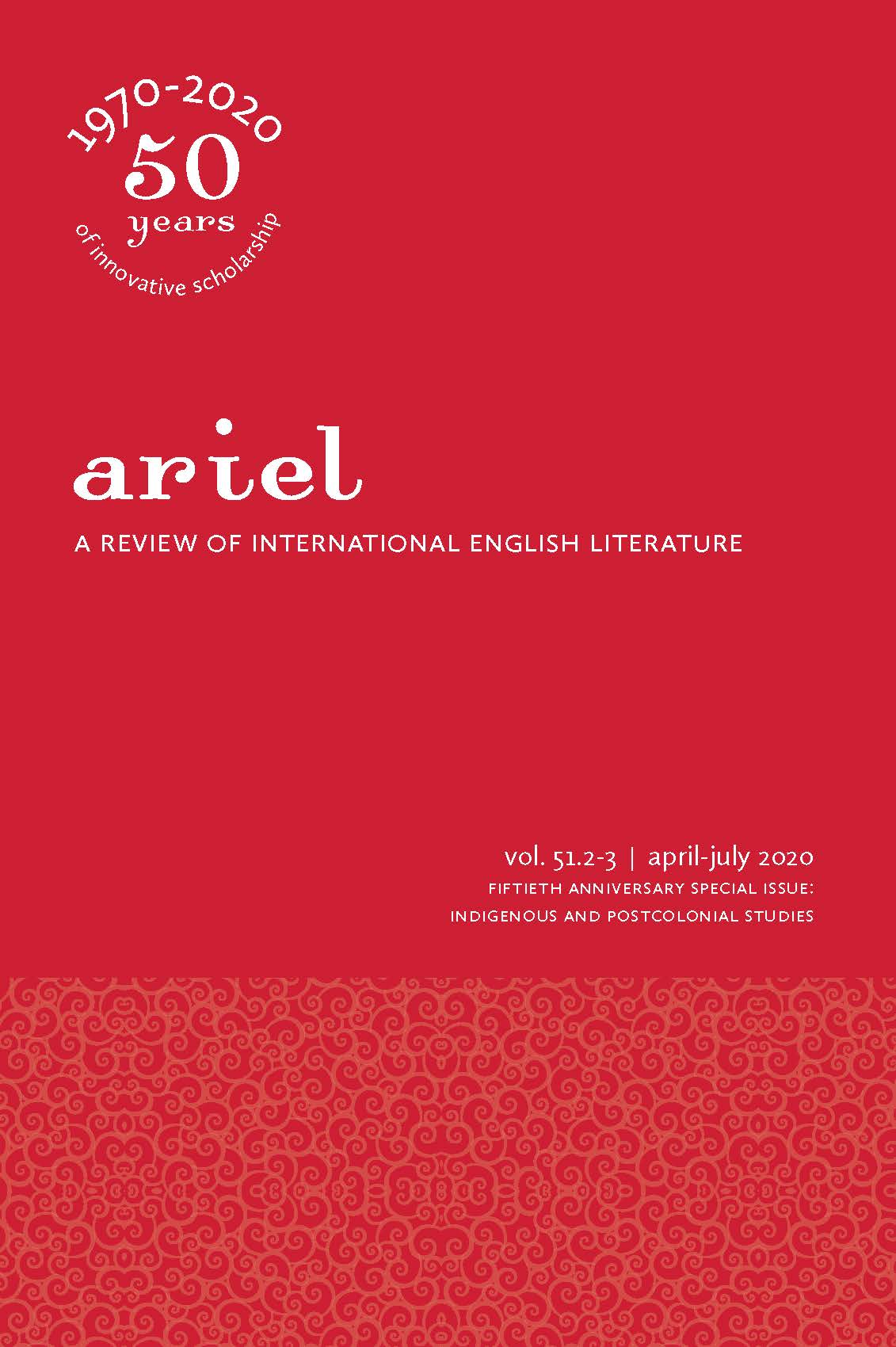interlude: little brother
Keywords:
Indigenous literatures in Canada, decolonization, colonialism, capitalism, recognition, Indigenous feminist ecologyAbstract
“Little Brother,” an autobiographical essay, is an excerpt from my manuscript, Dispossessed Indigeneity: Literary Excavations of Internalized Colonialism. I begin with the premise that 21st century Indigenous political movements focused on returning to our particular nations, languages, and land bases are often not accessible to urban and dispossessed Indigenous people. Further, I contend that urban and dispossessed Indigenous people embody particular subjectivities that contemporary Indigenous theory has not sufficiently recognized, understood, or theorized. To begin to fill this gap, I theorize the subjectivities of Indigenous people who have been dispossessed from our ancestral communities, families, and lands, in order to articulate our political agency and potential contributions to social struggles against colonialism and capitalism. Dispossessed Indigeneity presents historicized and politicized readings of three Indigenous authors in Canada: Edward Ahenakew (Cree); George Clutesi (Nuu-chah-nulth); and Jeannette Armstrong (Syilx). Through close readings of their texts, I offer Indigenous perspectives on political problems that characterize contemporary working class and urban Indigenous social movements. These problems include interweaving an anti-colonial Indigenous analysis with an anti-capitalist analysis; locating Indigenous politics of recognition and redistribution that do not rely on models of recognition and redistribution controlled by the colonial state; developing a concept of Indigenous historical consciousness as an avenue of politicization; and articulating Indigenous concepts and practices of land and value rooted in noncapitalist ecological knowledges.
Woven through the literary and theoretical chapters are interludes, including “little brother,” that extend personal and political reflections and show my own stake in the critical work, as well as practicing Indigenous storytelling alongside the authors whose works I consider.


